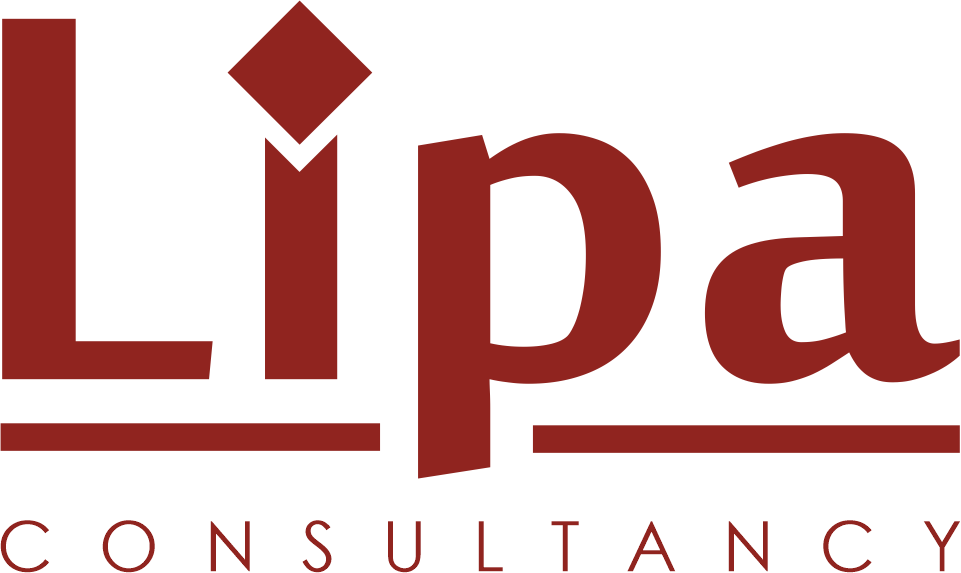The society’s perception of control about the Covid-19 epidemic is very important in terms of the measures to be taken and the management of the epidemic. For this reason, studies are carried out in many parts of the world in this area. We, as Lipa Consultancy, conducted a study on this subject. A total of 508 people were interviewed. In addition to the survey results shared in this ifographic, some other data are as follows;
👉 When we look at the participants between the ages of 18-64, the studies carried out to provide macro-level pandemic control were found to be “insufficient” at the lowest 60% and the highest 64%, while 56.7% of the participants aged 65 and over stated that the studies were “adequate”. expressed.
👉It was observed that women participating in the survey were more reactive to national measures than men.
👉 While those who receive a salary from the public found the national pandemic measures “insufficient” at a rate of 53.5%, it was seen that those who belong to other occupational groups and who are active in the workforce found the measures taken as “inadequate” by 60.7%.
👉 On average, 67.5% of the participants of all ages stated that they thought that pandemic control could not be achieved with personal measures. While 63.7% of the participants agreed with the statement “It is not in one’s own hands to catch the Covid-19 virus”, the answers given to this inevitability statement again showed that the belief that the pandemic will be managed with micro-level measures and controls is at a low level.
👉 In the survey, where there was no differentiation according to education level, 55-65% of the participants at each education level said that the measures were “inadequate”.
👉 Another striking result in the survey was that 60% of the society stated that the public was not informed enough about the epidemic. In addition, it was seen that there was a significant relationship between the views of the state administration’s inadequacy of the measures taken on a national basis and the opinions of the public not being adequately informed.



